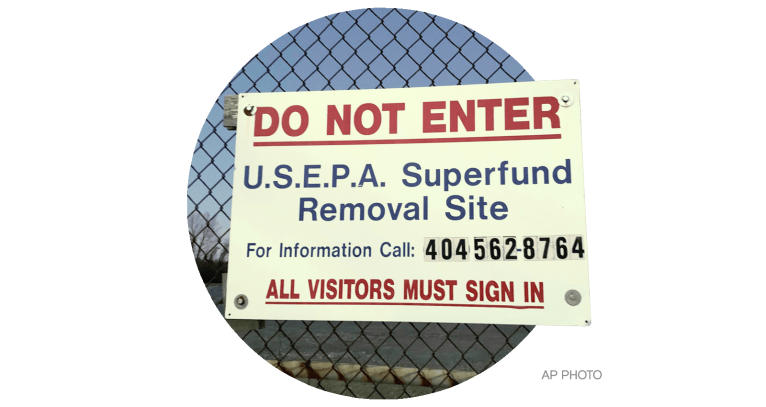It’s Wednesday, February 15, and Eugene, Oregon, wants to get its buildings off fossil fuels.
The city council in Eugene, Oregon, earlier this month voted 5 to 3 to phase out fossil fuels from new homes, making Eugene the first city in the state to pass such a policy.
The ordinance bans gas appliances in new residential buildings that have fewer than four stories, requiring that they instead be outfitted with electric ranges and heating systems. It’s intended to advance Eugene’s climate action plan, which aims to halve fossil fuel use in the city by 2030, compared to a 2010 baseline.
City councilors who voted in favor of the measure said the move was a “unique opportunity” to lead the state in protecting people’s health. “We have seen a lot of evidence … that natural gas does not support healthy air quality for our children,” Councilor Lyndsie Leech told her colleagues just before the vote on February 6. By phasing out fossil fuels in new homes, she said the council was “building the city that we want to see in the future.” Eugene’s mayor signed the ban shortly after it passed, and it is expected to go into effect in June.
Gas appliances have stirred up a national media storm in recent weeks, igniting a culture-war kerfuffle over an imagined ban on gas, but researchers have long linked them to human health hazards. Gas stoves leak cancer-causing compounds like benzene, as well as pollutants that contribute to respiratory problems, including nitrogen dioxide and fine particulate matter. A study published last December found that more than 1 in 10 cases of childhood asthma in the United States can be traced back to gas stoves.
Dozens of other cities and counties around the country have enacted policies to incentivize or require electric appliances in new homes and buildings. Last December, the city of Milwaukie, Oregon — just south of Portland — directed city staff to draft rules banning natural gas hookups in new construction, which the city council is expected to vote on next year.
Environmental advocates say more work is still needed to retrofit existing homes and to get the rest of Eugene’s buildings off fossil fuels. Bethany Cotton, conservation director for the Oregon environmental nonprofit Cascadia Wildlands, said there’s growing momentum on these fronts, with members of the city council now expected to turn their attention to setting rules for electrifying commercial and industrial buildings. “It feels like finally we’re moving from setting goals and talking about what we’re going to do to actually doing some of it,” Cotton told me.
In the news
Sea level rise could drive 1 in 10 people from their homes, with dangerous implications for international peace, UN secretary general warns
Bob Berwyn, Inside Climate News
➤ Read more
California’s snowpack is melting faster than ever, leaving less available water
Hayley Smith, Los Angeles Times
➤ Read more
After violent evictions, Indigenous Maasai call human rights investigation a sham
Joseph Lee, Grist
➤ Read more
GOP’s newest attack on Biden’s climate law: China
Kelsey Tamborrino and Josh Siegel, Politico
➤ Read more
Indonesia promises move to clean energy, but challenges remain
Victoria Milko and Sibi Arasu, AP News
➤ Read more
Big Oil’s been secretly validating critics’ concerns about carbon capture
Dana Drugmand, DeSmog
➤ Read more


